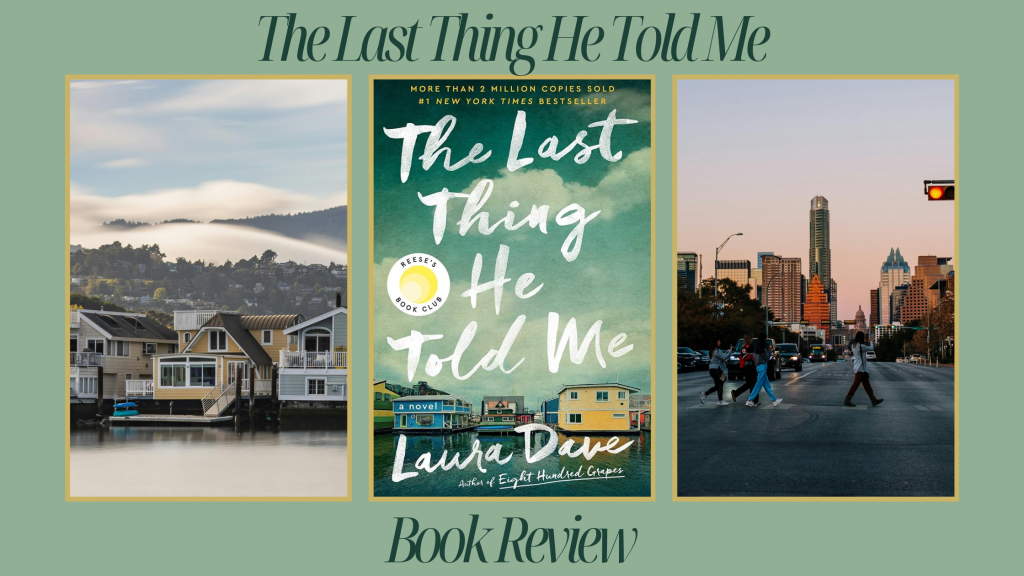
In high school, my friends and I made this plan to leave the Rio Grande Valley, make a break for it and head to Seattle. There were no wars then, at least none that would affect us in any way. The war on terror was still some years away when we drew up these plans. We would save enough money (how I would achieve this was still in question, as my only job was to focus on my studies) and once we graduated, we’d pack up and leave. Except in the two years we had til high school graduation, we all moved in different directions and got lost in the fog. Depressing, yes, but at least our ending isn’t anything like one Don Winslow churned up for his short story, Oregon.
In this coming-of-age story, which is also narrated by Ed Harris, we follow the lives of a group of boys trying to break free from a Rhode Island fishing town. They dream of moving to Oregon because, as they hear, it’s greener there and anywhere is better than their hometown. And with the Vietnam War lurking in the periphery, their best bet to avoid the draft is to go off grid.
Unlike with Deep Hole and Dietrich, it isn’t difficult to relate to the boys in this story, especially if you come from a small town where “nothing happens.” It’s also not as problematic. While the gritty, bleak vibe of the Winslow stories I read, Oregon still has a kernel of hope buried somewhere within. It is my favorite of the three stories; although, I still have two Audible Originals stories by Winslow left, both of which are also narrated by Ed Harris.
Until next time, keep on huntin’.



